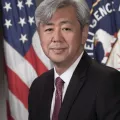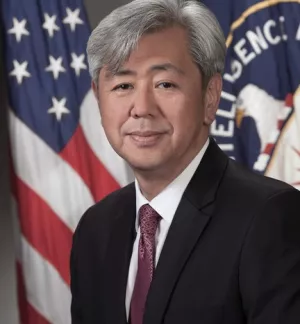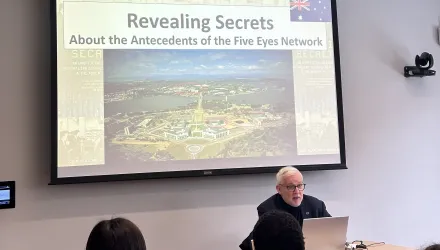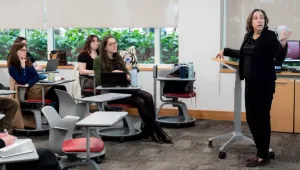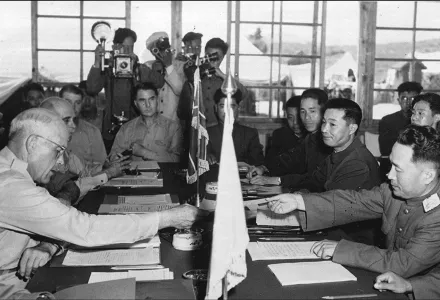
North Korea has maintained a hostile attitude towards the United States since its inception and has isolated itself from the rest of the world. The lack of communication and limited information about the country hindered U.S. policymakers over the years, as they struggled to make progress on relations with the North. They came to rely more and more on U.S. agencies’ intelligence and analysis of North Korea. The U.S. Intelligence Community’s (USIC) understanding of North Korea deepened each time the U.S. officials met with their North Korean counterparts. The USIC took advantage of limited engagement as windows to study behaviors, demeanors, perceptions and biases of North Korea, and compiled lessons learned from one generation of experts to the next. Although this accumulated knowledge is valuable, a large intelligence gap remains.
Kim, Andrew. “A Historical Review of the U.S. Intelligence Community's Role in Dealing with North Korea.” Belfer Center for Science and International Affairs, Harvard Kennedy School, July 2021

